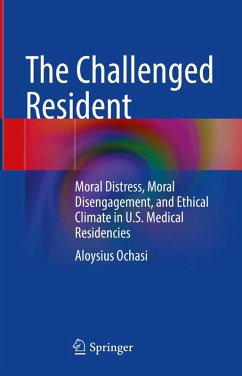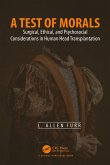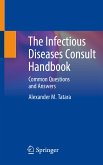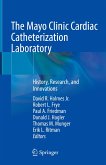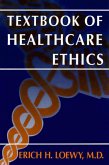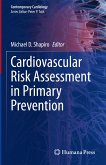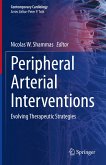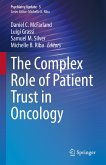The purpose of this timely and stimulating book is to examine the causes and impacts of moral distress among US medical residents. Based on a comprehensive study conducted by the author, the work not only delves into the causes of moral distress among medical residents but also explores how this distress can lead to moral disengagement, potentially resulting in suboptimal clinical care and adverse patient outcomes. The book begins with an overview of existing scholarship on moral distress experienced by practitioners within the medical establishment and its negative psychological impacts. Chapter two discusses how moral distress can lead to moral disengagement and its subsequent effects on patient care. In chapter three, the author explores residents' perceptions of the role of the "ethical climate" in contributing to moral distress. Chapter four outlines the impetus behind the study and details its methodology. Chapter five reviews the study's findings, focusing on the relationship between moral distress and moral disengagement, including the influence of the ethical climate within medical institutions. Chapter six summarizes the quantitative and qualitative findings of the study. Chapter seven addresses how these issues were managed during the recent COVID-19 pandemic, when medical personnel were often stressed, overworked, and apprehensive about contracting the virus themselves. Finally, in chapter eight, the author suggests strategies for preventing moral distress and disengagement and provides recommendations for medical residents on managing the inherent stresses of medical training.
The Challenged Resident offers a unique and insightful contribution to the clinical literature on ethics and medical residency, enabling clinicians, trainees, administrators, policymakers, and other stakeholders to better understand the pressures and stressors faced by medical residents and to consider strategies and policies that address moral distress, promote resident self-care, foster a more supportive and ethical training environment, and reduce moral disengagement.
Dieser Download kann aus rechtlichen Gründen nur mit Rechnungsadresse in A, B, BG, CY, CZ, D, DK, EW, E, FIN, F, GR, HR, H, IRL, I, LT, L, LR, M, NL, PL, P, R, S, SLO, SK ausgeliefert werden.

